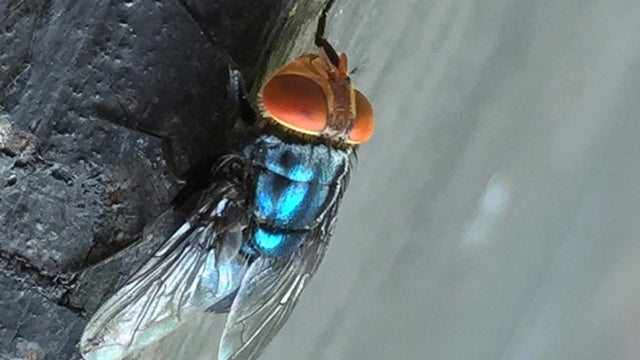
Billions of flies to be dumped from planes to fight flesh-eating screwworms
The move is part of the government's plans for protecting the U.S. from the New World screwworm fly, which could devastate its beef industry and even kill household pets.


The move is part of the government's plans for protecting the U.S. from the New World screwworm fly, which could devastate its beef industry and even kill household pets.
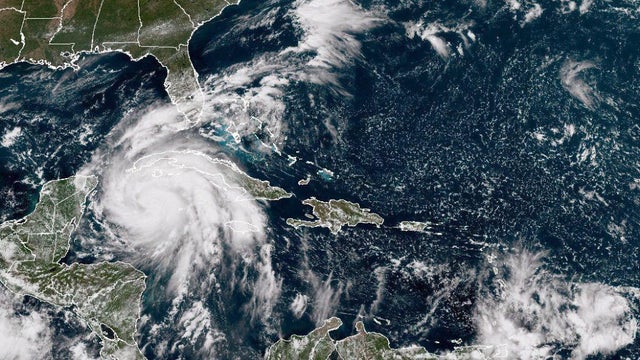
The satellite program has historically been a key source of weather forecasting data for NOAA.
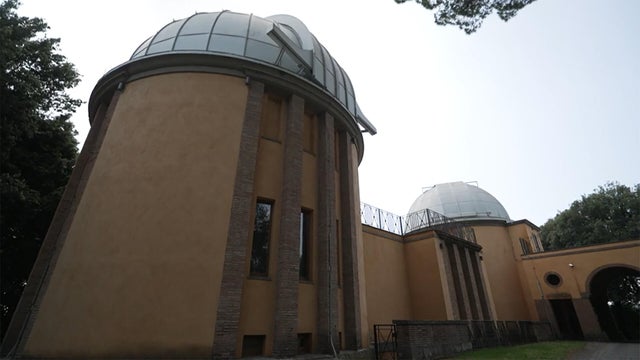
Perched in the hills outside Rome sits the Palace of Castel Gandolfo, the centuries-old lakeside summer home for popes, which is also home to the Vatican Observatory, established in 1891 to help bridge the chasm between religion and science. Correspondent Seth Doane talks with scientists and students for whom the Church's observations of the heavens are a means to unite people beyond faith.
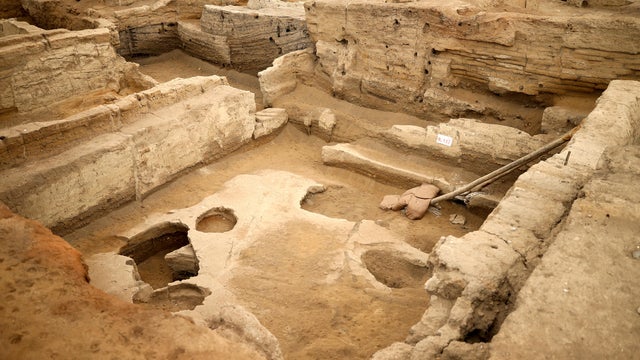
Researchers said their findings suggest husbands relocated to the wife's household upon marriage – suggesting a female dominance.

Scientists have identified what could be the oldest rocks on Earth from a rock formation in Canada.

The exoplanet, a planet beyond our solar system, has been dubbed TWA 7b after NASA's James Webb Space Telescope captured evidence of it.
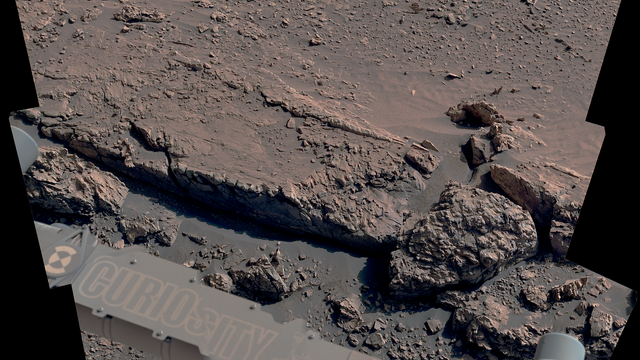
The new images by the Curiosity rover on Mars show "dramatic evidence" of ancient groundwater in crisscrossing low ridges, NASA said.
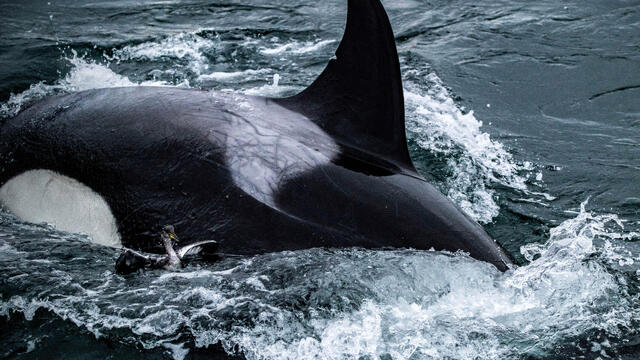
A study published in the journal Current Biology describes a new example of tool use by a critically endangered population of orcas.

A federal judge blocked the Trump administration from making drastic cuts to research funding that is provided by the National Science Foundation.

Thanks to DNA sequencing, the discovery of new blood groups has accelerated in recent years.


Our website uses cookies to improve your experience. Learn more